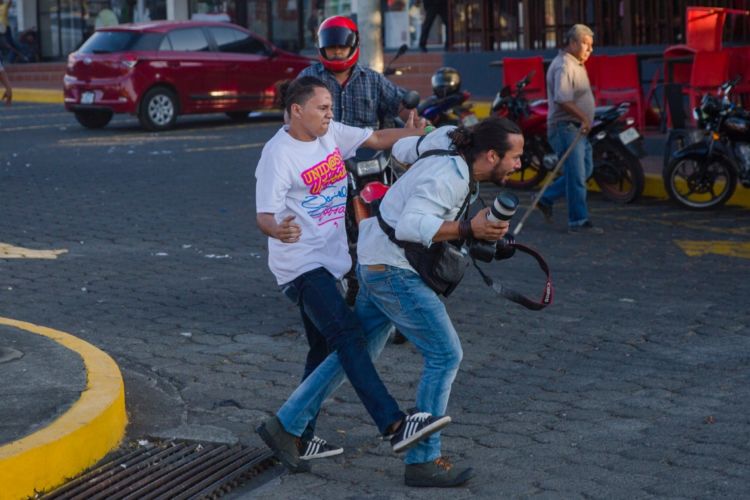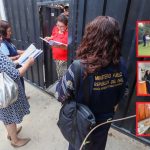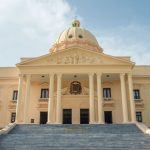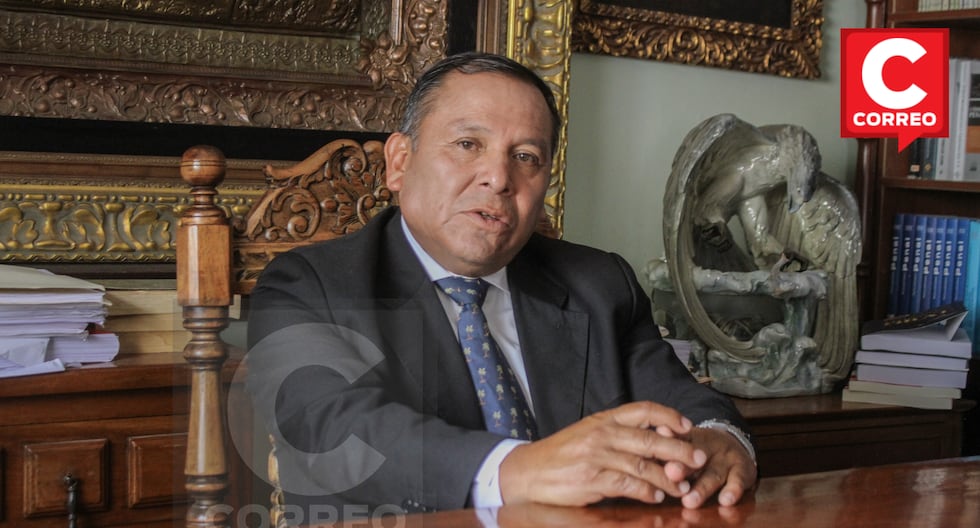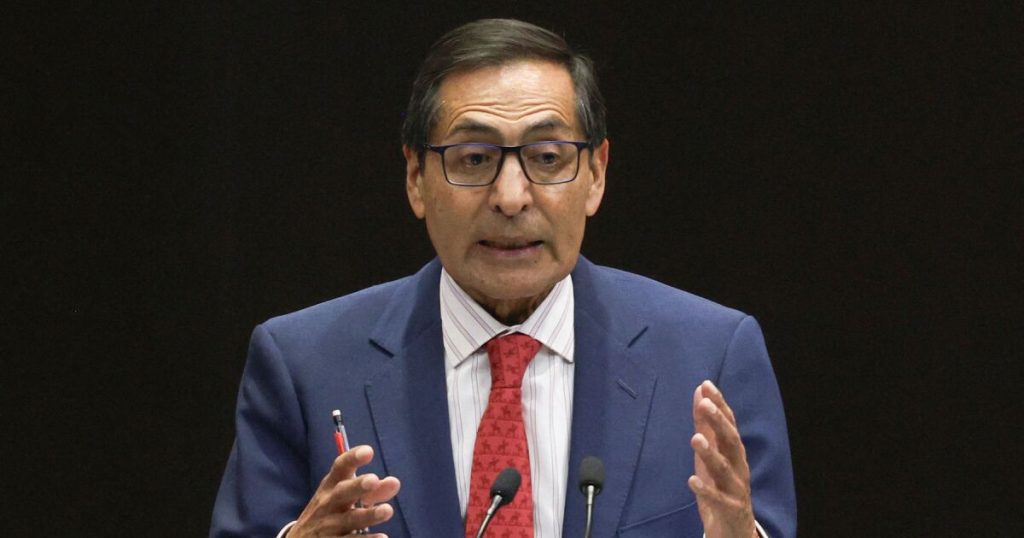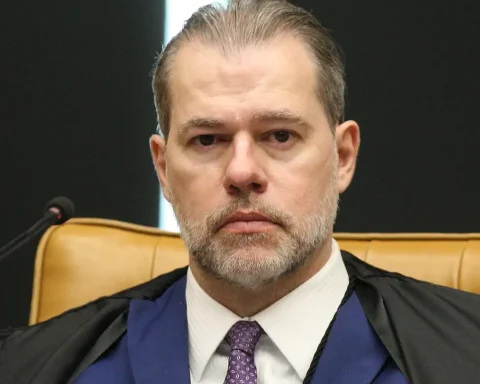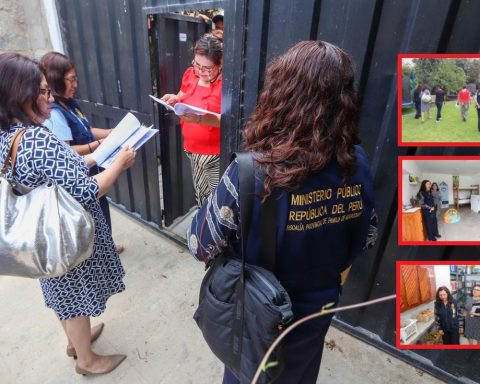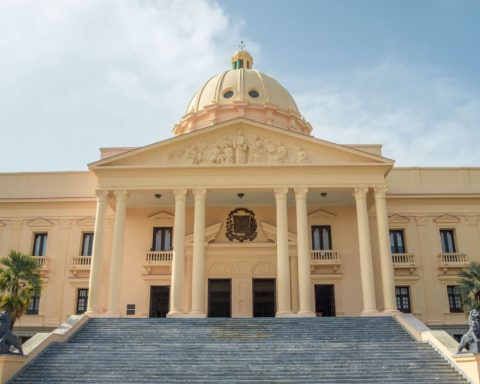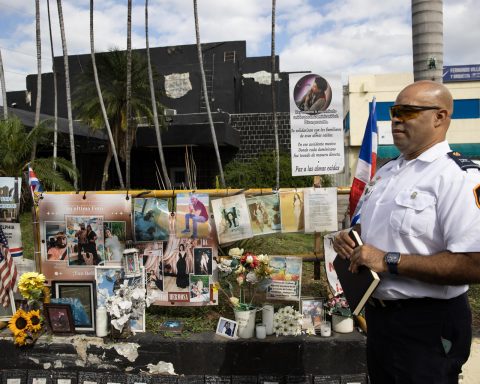Free access to information, freedom of expression and the press in Nicaragua, which the Ortega-Murillo regime has limited and criminalized in recent years, with the reforms to the Constitution that the Sandinista dictatorship sent to Parliament, will be completely swept away.
Daniel Ortega’s partial reform of the Constitution includes important modifications in articles 66, 67 and 68, all related to the right to information and the free exercise of the press.
Article 66, according to the reform proposed by the Ortega Murillo dictatorship, will read: «Nicaraguans have the right to truthful information. This right includes the freedom to seek, receive and disseminate ideas and information by any means, without violating the fundamental principles contemplated in this constitution.
This modified article limits the right to truthful information by stating that this can only be exercised if it does not “attack” what in the government’s opinion are now fundamental principles of the country, defined in that same reform of the Constitution, as ” revolutionaries.
In the case of article 67, after the reform, it will read: “The right to inform is a social responsibility and is exercised with strict respect for the fundamental principles established in the constitution.” The substantial modification in this article, in addition to limiting the right to inform based on Sandinista principles, refers to the elimination of what is related to the fact that said “right cannot be subject to censorship, but rather to subsequent responsibilities established in the Law.” .
The changes in article 68 of the Political Constitution that the regime is currently cooking in its National Assembly are even more radical, since the new article establishes that “the State will ensure that social media are not subjected to foreign interests or disseminate news false statements that violate the rights of the people. “The law will regulate this matter.”
«They formalize total control of the media»
Lawyer Salvador Marenco, member of the legal team of the Collective of Human Rights Defenders Nicaragua Never Again, explained that this “reform” sent by Ortega, which in his opinion is a total change, “eliminates at the constitutional level the right to freedom of expression, of information by the media.
In addition, he pointed out that this also proposes “total control that the State will have, since, in fact, the reformed article 68 literally mentions that the State of Nicaragua will monitor the media and mainly ensure that they do not spread false news.” .
Related news: Luis Almagro “rejects and repudiates” the constitutional reform sent by Daniel Ortega
«Law 1042 or Special Cybercrime Law – approved in 2020 – has ended up becoming, in recent years, one of the main weapons that, through laws, allow repression of the population inside and outside. So, it was not enough for the regime to close 56 media outlets in Nicaragua, but they also want to control any communication space, because let us remember that this is not only the media’s responsibility as such, but it is the right to seek, “disseminating information also affects other Nicaraguans inside and outside the country, since we are talking about the fact that Nicaraguans will no longer be able to comment, interact, and report freely through social networks, because they are imposing generalized self-censorship,” explained the lawyer. Nicaraguan.
Furthermore, he pointed out that this reform, which could clearly be approved in the coming days, since the Sandinistas control the National Assembly, “finishes formalizing what has already been taking place, total control of the media, an absolute closure to any independent media, and a general imposition of self-censorship by the population (…). “They are absolutely limiting the circulation of information, but not only the denunciation of human rights violations, but any information that goes against what they (the government) consider to be good.”
Related news: Ortega wants to extend his presidential term to “gain time” and consolidate his dynasty, opponents say
The modification to article 68, in addition to threatening the media with criminalization under accusations of false news, a concept that will be at the discretion of what the regime considers to be false, also eliminates from this article everything related to guarantees in which The importance of the media, the benefits of tax exemptions, their non-monopolization and, above all, that they cannot be objects of censorship were addressed.
The current article 68 of the Political Constitution of Nicaragua, without the reform proposed by Ortega, establishes:
- «The media, within their social function, must contribute to the development of the nation. Nicaraguans have the right of access to social media and clarification exercise when their rights and guarantees are affected.
- «The State will ensure that social media are not subjected to foreign interests or the economic monopoly of some group. The Law will regulate this matter.
- «The import of paper, machinery and equipment and spare parts for written, radio and television social media, as well as the import, circulation and sale of books, brochures, magazines, school and scientific teaching materials, newspapers and other periodical publications They will be exempt from all types of municipal, regional and fiscal taxes. The tax laws will regulate the matter.
- «Public, corporate and private media They cannot be subject to prior censorship. In no case may they confiscate, as an instrument or corpus delicti, printing presses or accessories, or any other means or equipment intended for the dissemination of thought.
